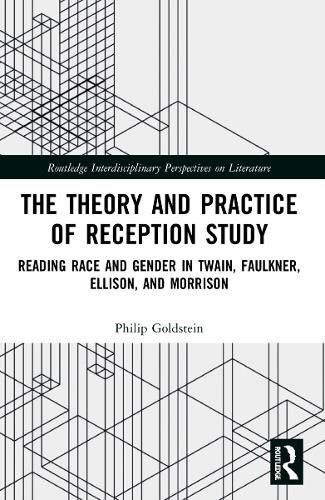Readings Newsletter
Become a Readings Member to make your shopping experience even easier.
Sign in or sign up for free!
You’re not far away from qualifying for FREE standard shipping within Australia
You’ve qualified for FREE standard shipping within Australia
The cart is loading…






This book examines novels of Faulkner and Morrison as well as Mark Twain and Ralph Ellison in order to show that their works forcefully undermine the racial and sexual divisions characterizing both the South and contemporary culture in the nineteenth and twentieth centuries. Moreover, the book discusses theories of reader-response and reception study and elaborates a theory of reception study based on the historical or "archeological" methods of Michel Foucault. As a consequence, unlike most studies of American literature, which discuss its historical contexts or prescribe its readers' responses, this book explains the reception of these works, including the academic criticism and reviews and, because the internet exerts immense influence in the twenty-first century, the on-line responses of ordinary readers. Unlike most reception studies, this book examines the institutional contexts of the readers' responses.
$9.00 standard shipping within Australia
FREE standard shipping within Australia for orders over $100.00
Express & International shipping calculated at checkout
This book examines novels of Faulkner and Morrison as well as Mark Twain and Ralph Ellison in order to show that their works forcefully undermine the racial and sexual divisions characterizing both the South and contemporary culture in the nineteenth and twentieth centuries. Moreover, the book discusses theories of reader-response and reception study and elaborates a theory of reception study based on the historical or "archeological" methods of Michel Foucault. As a consequence, unlike most studies of American literature, which discuss its historical contexts or prescribe its readers' responses, this book explains the reception of these works, including the academic criticism and reviews and, because the internet exerts immense influence in the twenty-first century, the on-line responses of ordinary readers. Unlike most reception studies, this book examines the institutional contexts of the readers' responses.